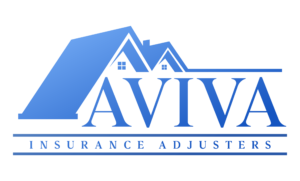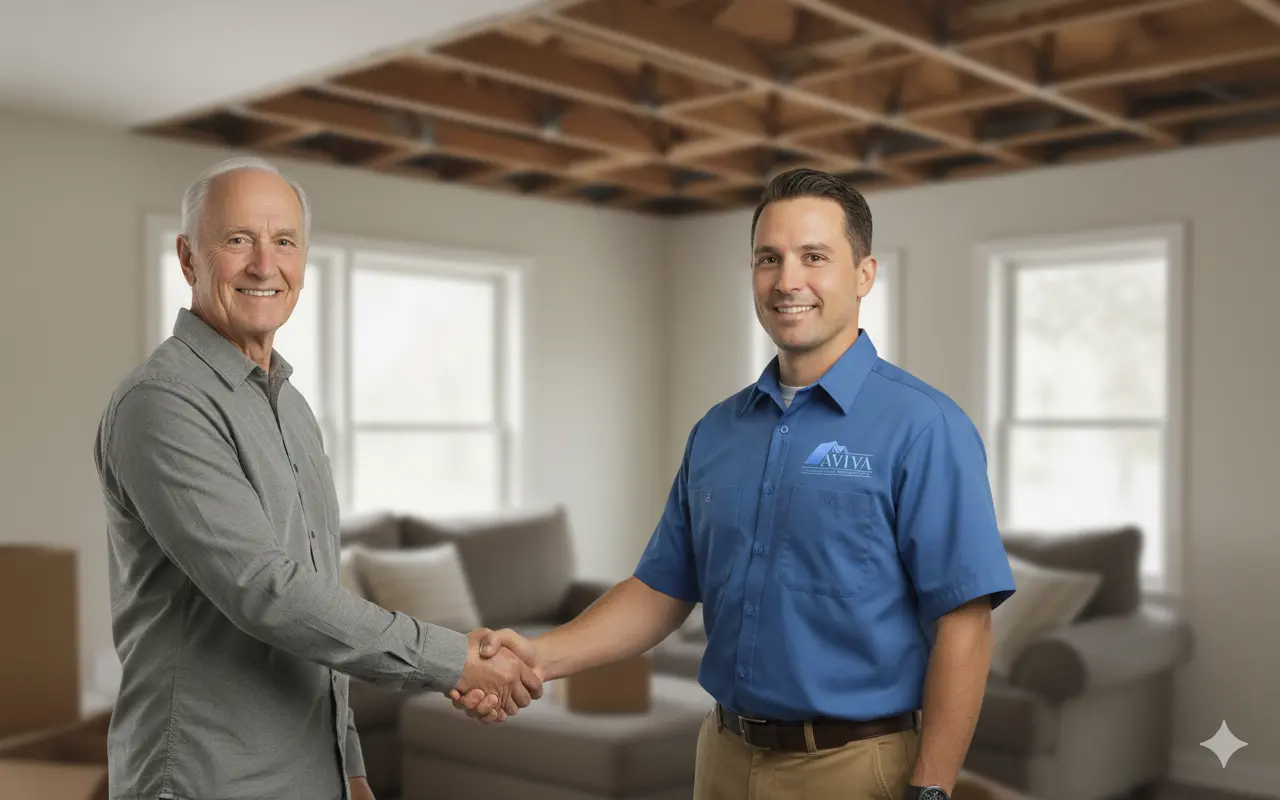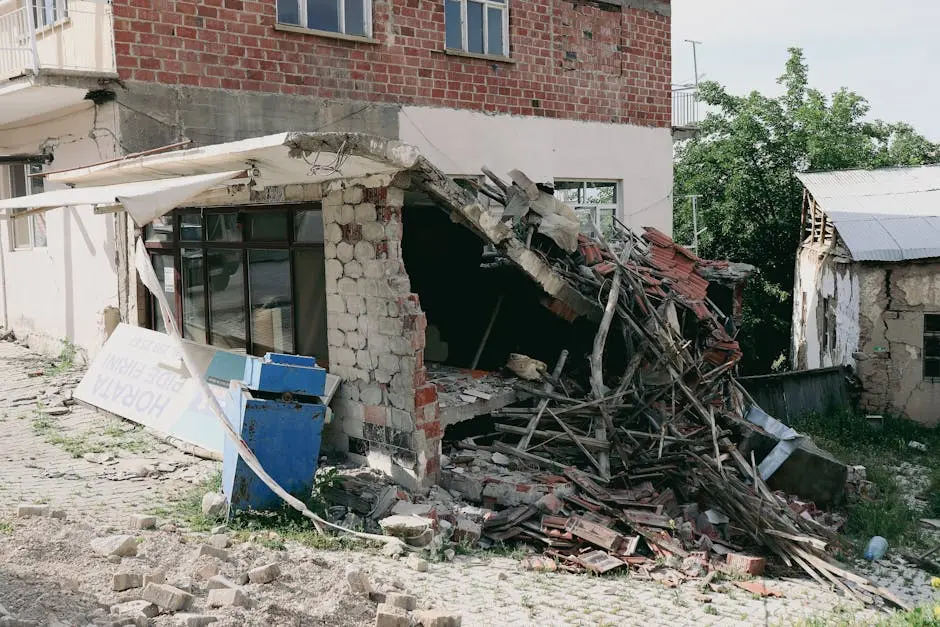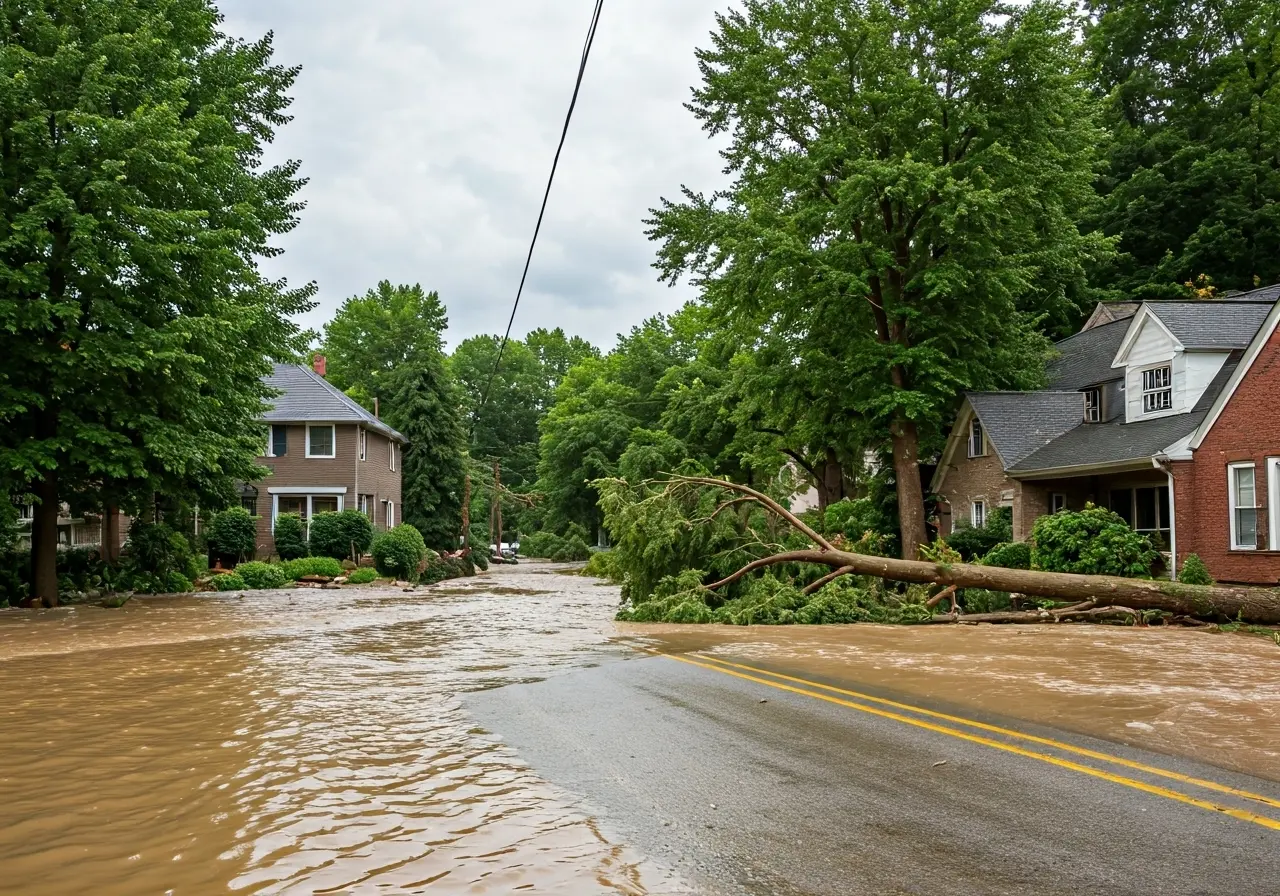Navigating the world of insurance claims can be daunting, especially when disaster strikes. Thankfully, public adjusters are here to help. With their expertise, you can ensure your insurance claims process is as smooth as possible. Here are some friendly tips to help you make the most out of Florida’s public adjuster services.
1. Understand the Role of a Public Adjuster
Before working with a public adjuster, it’s crucial to understand what they do. These professionals act as your advocate, representing your interests in insurance claims discussions. They’re licensed and trained to evaluate property loss on behalf of the policyholder and ensure you get the best possible settlement.
Public adjusters are not just your representatives; they are your strategic partners throughout the claims process. They work to eliminate the ambiguity that often surrounds insurance policies and negotiations. By breaking down each aspect of your claim, they ensure that you are fully informed about the nuances of your case. With their attention to detail and dedicated approach, public adjusters like those from Aviva Insurance Adjusters make the entire process more manageable.
2. Choose the Right Adjuster for Your Needs
Not all public adjusters are the same. Look for someone with experience in handling claims similar to yours and check their reputation. It’s important to find an adjuster who is reliable, trustworthy, and has your best interests at heart.
To vet your potential public adjuster effectively, start by researching their track record. Seek testimonials or reviews from previous clients to gauge their success rate and customer satisfaction. Remember, an adjuster with a good rapport and communication skills will often be more effective in achieving a favorable outcome for your claim. Don’t hesitate to ask for references or an initial consultation to determine if they are the right fit for your needs.
3. Start the Claim Process Early
Time is of the essence when dealing with insurance claims. Contacting a public adjuster soon after damage occurs ensures that your claim is handled efficiently from the get-go. Early engagement can lead to a faster payout and better documentation.
4. Accurate Documentation is Key
Ensure that all damages are thoroughly documented. A detailed account of losses and supporting evidence will help strengthen your claim. A public adjuster can assist you in gathering all necessary documentation to support your case.
When compiling evidence for your claim, include photos, videos, and any relevant receipts or appraisals. A well-documented claim not only speeds up the process but also minimizes the chances of disputes later on. Public adjusters adept in florida public adjuster services are particularly skilled at preparing comprehensive documentation that can significantly affect the outcome of your claim.
5. Understand Your Insurance Policy
Being knowledgeable about your policy helps you understand what is covered and what is not. A public adjuster can help clarify any confusing terms or conditions, making sure you know your entitlements and reduce the risk of discrepancies.
Deciphering insurance policy jargon is no small feat. Public adjusters leverage their expertise to help you navigate these complexities. By dissecting your policy, they can pinpoint potential areas of coverage that you may have overlooked. This vigilant approach ensures that you benefit fully from your insurance coverage without facing unwanted surprises during the claim process.
6. Maintain Open Communication
Keeping the lines of communication open with your public adjuster ensures that you stay informed throughout the claims process. Regular updates help you avoid unwanted surprises and keep the claims process transparent.
7. Negotiate for a Fair Settlement
A skilled public adjuster will negotiate on your behalf to achieve the best possible settlement. They will handle all discussions with your insurer, ensuring that you receive a payout that truly reflects your loss.
Negotiating can be intense and intimidating, but with a public adjuster advocating for you, it becomes far more manageable. They understand the art of negotiation, balancing assertiveness with diplomacy to ensure that you achieve a satisfactory outcome. By relying on a seasoned negotiator, you can focus on recovering from your losses while they handle the intricacies of securing a fair settlement.
8. Review and Resolve Discrepancies
In the unfortunate event of a dispute, a public adjuster can help you understand the reasons behind any discrepancies and work towards resolving them. Their expertise can guide you through the process of reconciliation or appeal if necessary.
Discrepancies are not uncommon in insurance claims, but they don’t have to derail your efforts. Public adjusters use their in-depth knowledge of industry standards and regulations to address any issues promptly. They can work with your insurance provider to clear up misunderstandings, making sure your claim is assessed fairly. Don’t let discrepancies deter your progress; get back on track with the help of a trusted adjuster.
























